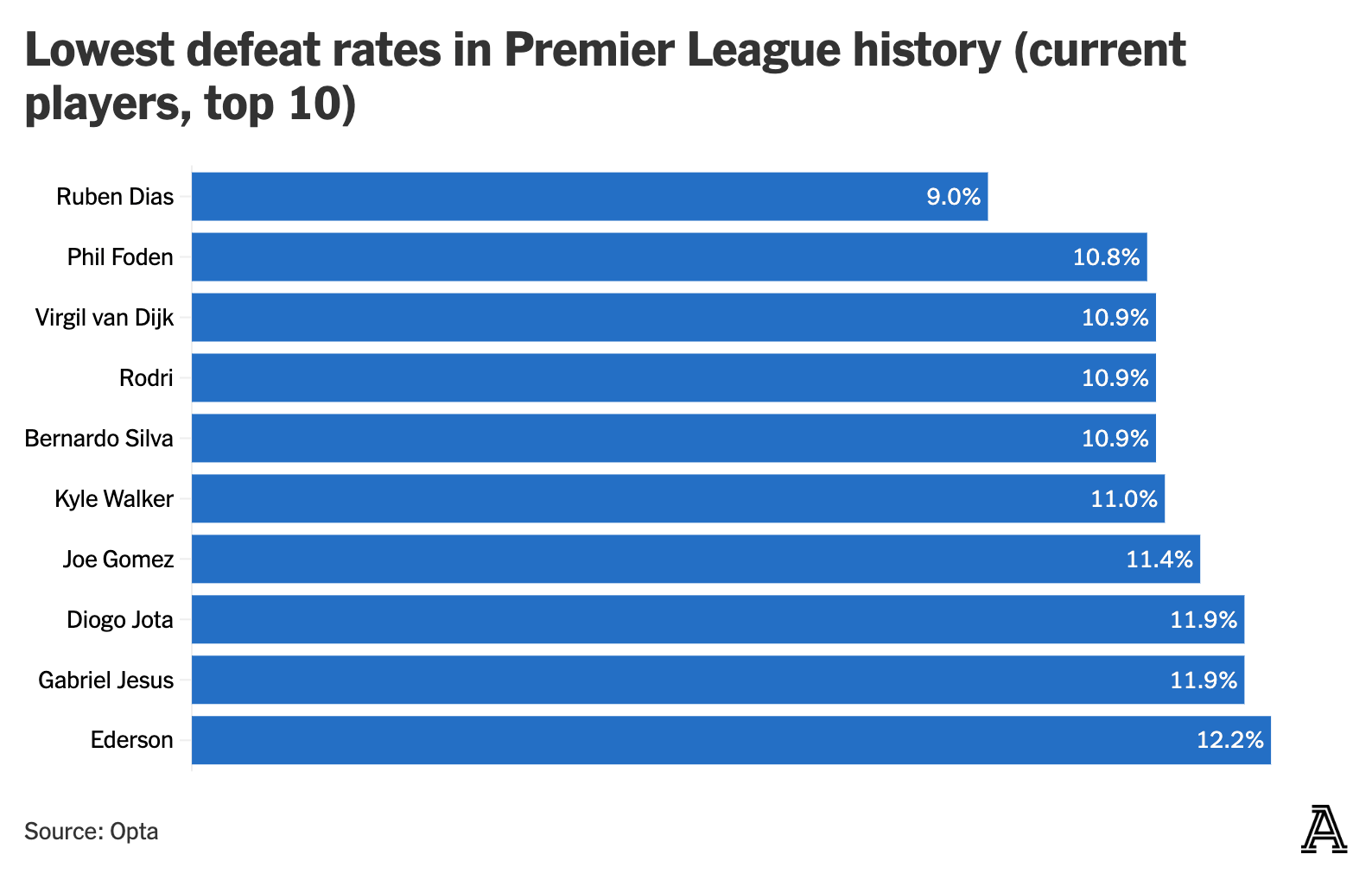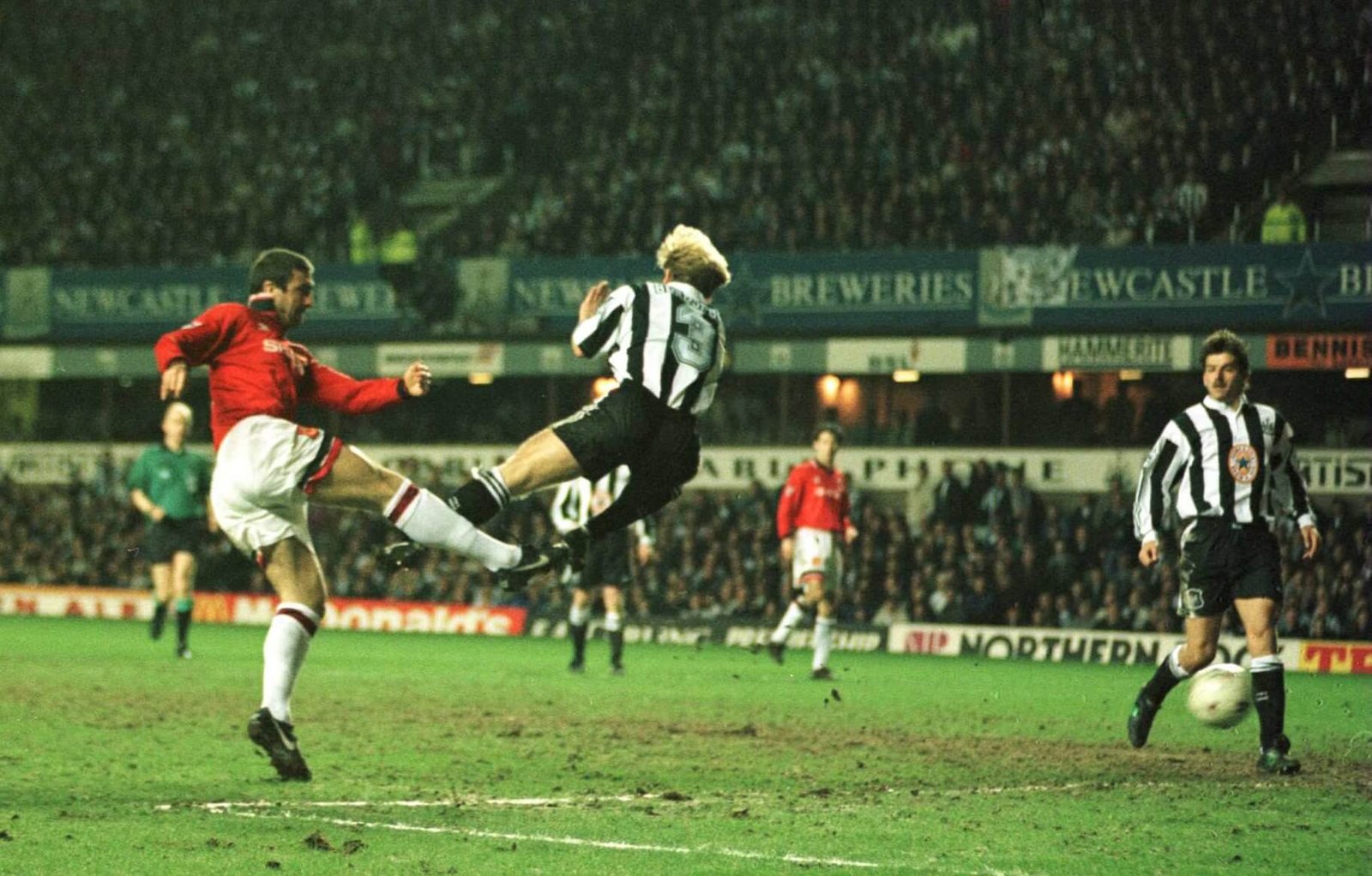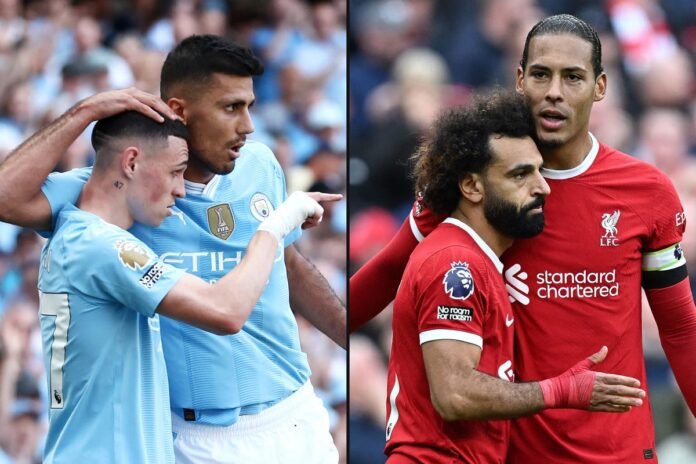A term was coined in Barcelona a few years ago to refer to how much their hopes rested on their best player: ‘Messidependencia’.
We might not quite be at the stage where fresh portmanteaus are being constructed to describe Manchester City’s reliance on Rodri. But his serious knee injury, sustained in the draw with Arsenal at the weekend and which is likely to rule him out for a significant period of time, is clearly a massive blow for Pep Guardiola’s side.
The injury has disrupted one of the more extraordinary runs of success for a single player: since February 2023, he has lost just one game for club and country, that one game being last season’s FA Cup final against Manchester United. That’s 93 games played, one defeat.
He’s not just one of the world’s best players in his position, he’s one of the world’s best full stop, and more specifically he’s the most valuable player for arguably Europe’s best club and national side.
Or is he?
Judging a player’s value to a team is a tricky and inexact business. You can rely on the eye test, the rather old-fashioned method of watching football matches and deciding from that who you think is most indispensable. Clearly that is subjective, and while most would probably agree on Rodri’s status at City, some opinions will differ.
Another way is to look at the statistics of a team and form some judgement that way. Again, this is imperfect because correlation does not necessarily mean causation; you can’t objectively prove that just because City tend not to lose games with Rodri in the team, his presence is the sure reason for it.
But in the absence of a metric that is indisputable, looking at the success rates of teams with certain players in the side seems as good a way of judging as any.
You could look at teams’ win percentages, but the standout statistic about Rodri is how infrequently City lose with him in the team, not how often they win, so let’s consider the players with the lowest loss percentage.
Here are the all-time top 10 ‘Big Six’ players ranked by lowest loss percentage according to Opta, with a minimum of 100 matches played…
… and this is the top 10 based on current Premier League players, also with a minimum of 100 matches.

It might be a slight surprise to learn that Rodri’s loss percentage is not the lowest among current City players. The Spaniard’s Premier League loss percentage over his City career is 10.9 per cent, but above him in the rankings are Phil Foden on 10.8 per cent and Ruben Dias on just nine per cent.
In fact, of players from the current ‘Big Six’ — for clarity: Manchester City, Liverpool, Arsenal, Chelsea, Manchester United and Spurs — who have played over 100 Premier League games from its inception in 1992, Dias has the lowest losing percentage of any.
In second place is a slightly surprising name: Michael Ballack, who lost just 10 of the 105 games he played for Chelsea, or 9.5 per cent, and shortly after him it’s Chelsea team-mate Claude Makelele, on 9.7 per cent.
In fourth place, Aymeric Laporte’s 9.9 per cent is the second slice of bread in a Chelsea-City sandwich, and then we get to the representatives of Liverpool, at their peak arguably the most exciting team to watch of the last decade or so.
So who is their least losing-est player? Mohamed Salah, scorer of so many thrilling and important goals? Fabinho or Alisson perhaps, widely credited as being the two final pieces of the jigsaw when they were purchased in 2018? Maybe stalwart Jordan Henderson? Nope, none of them: it’s Joel Matip, on 10 per cent, a little ahead of the rather more exciting Sadio Mane on 10.2 per cent.
The top 10 on this list is relatively modern, reflecting the increased dominance of the very biggest clubs with the highest concentration of talent and most resources. But there is one player in that top echelon who played his first Premier League game in the first Premier League season: in ninth place, with a loss percentage of 10.5 per cent, is Eric Cantona.

Eric Cantona was Manchester United’s talisman (Stu Forster/Allsport
You could make a strong argument, bringing some subjectivity into things, that Cantona is the true number one in any consideration of the Premier League’s most valuable players. Cantona did make all of his 143 Manchester United appearances at a time when they were City — the team with the best players, the best manager and the deepest pockets — but this was a slightly different era, when even the most dominant team wasn’t quite as dominant as today. In his final season, United won the league with 75 points: City’s six titles under Guardiola have been won with 100, 98, 86, 93, 89 and 91 points.
Cantona also essentially won the title on his own in 1995-96, which is surely the true test of a ‘most valuable player’: the narrative about that campaign was that Newcastle threw it away, but in reality they were unfortunate to be against one of the greatest individual stretches of form English football has ever seen.
In the run-in that season Cantona scored the only goal in four 1-0 wins (including at Newcastle), a 90th-minute equaliser against QPR, two in a 4-2 victory over Wimbledon and one in a 3-2 win at City. Without him, Newcastle would probably have held on.
Rodri, the current gold standard, the man that most people might say in their subjective opinion is the most valuable player around, is 11th on the all-time list. He’s fourth in the rankings of current Premier League players, behind Dias and Foden and level on 10.9 per cent with Virgil van Dijk.
The top 20 in the current list are all City and Liverpool players, apart from an enjoyable statistical quirk: in 19th position, with most of his 16 per cent loss rate accounted for by his past life in a much better Manchester United team is… Jonny Evans.
Arsenal’s most valuable player, by this metric at least, is Thomas Partey who has a loss percentage of 18, closely followed by Ben White on 18.8 per cent and Martin Odegaard on 20. The current Tottenham player furthest up the list is Ben Davies, on 26.7 per cent, while Chelsea’s is Reece James, with 26.9 per cent, the latter broadly explained by the fact that barely any of their other players have a century of appearances to their name.

Arsenal’s Ben White is integral to his team (Justin Setterfield/Getty Images)
Elsewhere on the all-time list, you have to get down to position 15 for the first Arsenal player, who is Lauren on 11.3 per cent. That perhaps exposes the flaw in the idea of using loss percentage to judge a player’s importance: it tends to be the most reliable and healthy members of great teams that feature high up, rather than the best and most decisive players in those teams. Which explains Salah being in 34th place, Kevin De Bruyne is 22nd, Wayne Rooney is 97th, Sergio Aguero 98th and so on.
Tottenham don’t have a player in the top 100 — in fact, you need to scroll down to 132 to find Mousa Dembele, on 18.8 per cent.
In fact, of the 342 players to make 100 or more appearances for these six clubs, it’s mostly Tottenham and pre-2008 City players that occupy the lower end of the list. The player with the highest loss percentage is Darius Vassell, who lost 49 of his 103 games for City, or 47.6 per cent, which is only marginally better than Stephen Ireland’s 45.7 per cent and Simon Davies’s 45.5 per cent.
This is not a perfect way of judging a team’s most valuable player. In a sport where there are so many variables and a single player can only have so much influence, there can’t be a perfect way of doing it.
So, while we may all agree that Rodri is the most valuable player in the Premier League, the numbers do at least put forward some alternative candidates.
(Top photos: Getty Images)
Read the full article here


